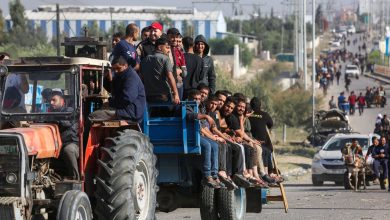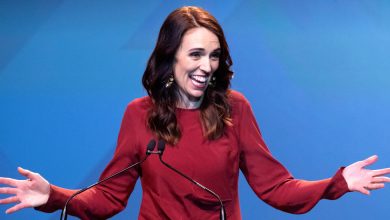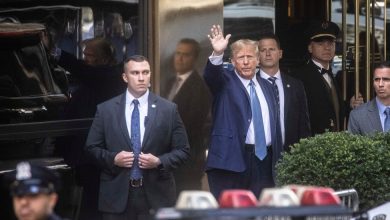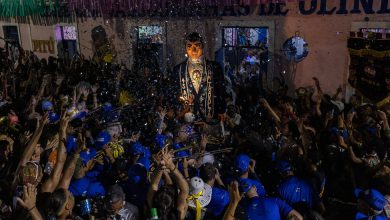Kenya’s president pitches for investment and warns about climate change.
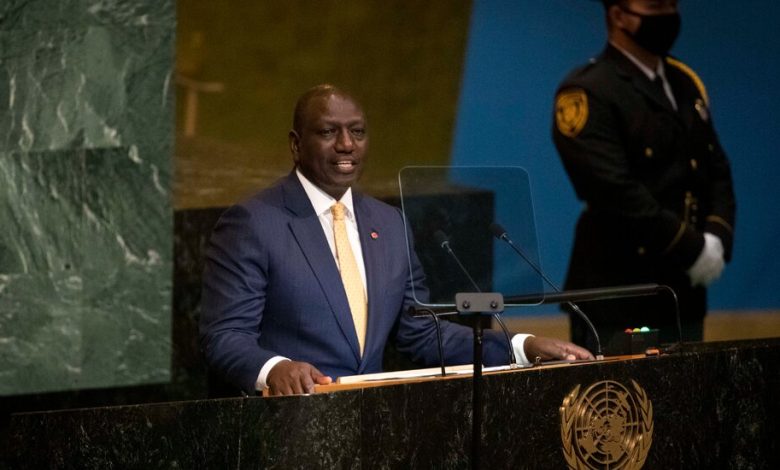
Kenya’s newly elected President William Ruto made his debut address to the United Nations General Assembly as a head of state on Wednesday, days after arriving from London where he attended the funeral of Queen Elizabeth II.
In New York, he nodded to President Biden’s “Build Back Better” domestic plan, proposing a global effort toward “building back better from the bottom upward.” The goal, he said, should be “including the marginalized, working majority in the economic mainstream.”
Mr. Ruto described “the ever-bustling” millions of working people of the developing world as an untapped resource that could drive growth and help create a more inclusive world order.
Like other African leaders, he called on the U.N. Security Council to expand representation from the continent. To that end, Mr. Ruto invited development in Kenya and sought to give the impression of getting down to business.
On Tuesday, he met with American business leaders to encourage investment in Kenya, and he participated in a U.N. forum that discussed “moving Africa from aid to investment,” the Kenyan Foreign Ministry said in a tweet.
Climate change and the devastating drought that is sweeping across the Horn of Africa, endangering 20 million lives, were other themes of Mr. Ruto’s address.
Reservoirs and other water sources were drying up from historic droughts, he said, affecting not just water supplies but agriculture — and, in turn, raising food prices.
“We cannot afford to waste another moment debating the merits of doing something vis a vis doing nothing,” he said. “It will soon be too late to reverse the course of events.”
Although Africa, which has a small industrial base, has contributed little to climate change, the continent has already endured some of its worst effects, as extreme weather events take a devastating toll on impoverished countries.
Mr. Ruto’s address was a sudden induction into the top flight of foreign affairs for a leader who has spent much of recent years confined to Kenya, where a political feud with his former boss, President Uhuru Kenyatta, had limited his travel abroad.
All that changed with the hard-fought August election that Mr. Ruto, a former vice president, won by a narrow margin over his main rival, Raila Odinga.
Not long ago, Mr. Ruto was viewed with discomfort by some world leaders over the charges that were brought against him in 2011 at the International Criminal Court at The Hague, where prosecutors accused him of organizing postelection violence in 2007 that killed more than 1,200 people.
But the trial collapsed in 2016 after crucial witnesses recanted their testimony and the Kenyan government withdrew its cooperation.
After his recent election win, Western countries congratulated him on his victory.
Mr. Ruto opened his address on Wednesday by alluding to the “free and fair election” that he won. The election, he said, “not only stand as testimony of the universal power of democracy but also of the manifest ability of African peoples to invest in stronger nations and a secure future.”

